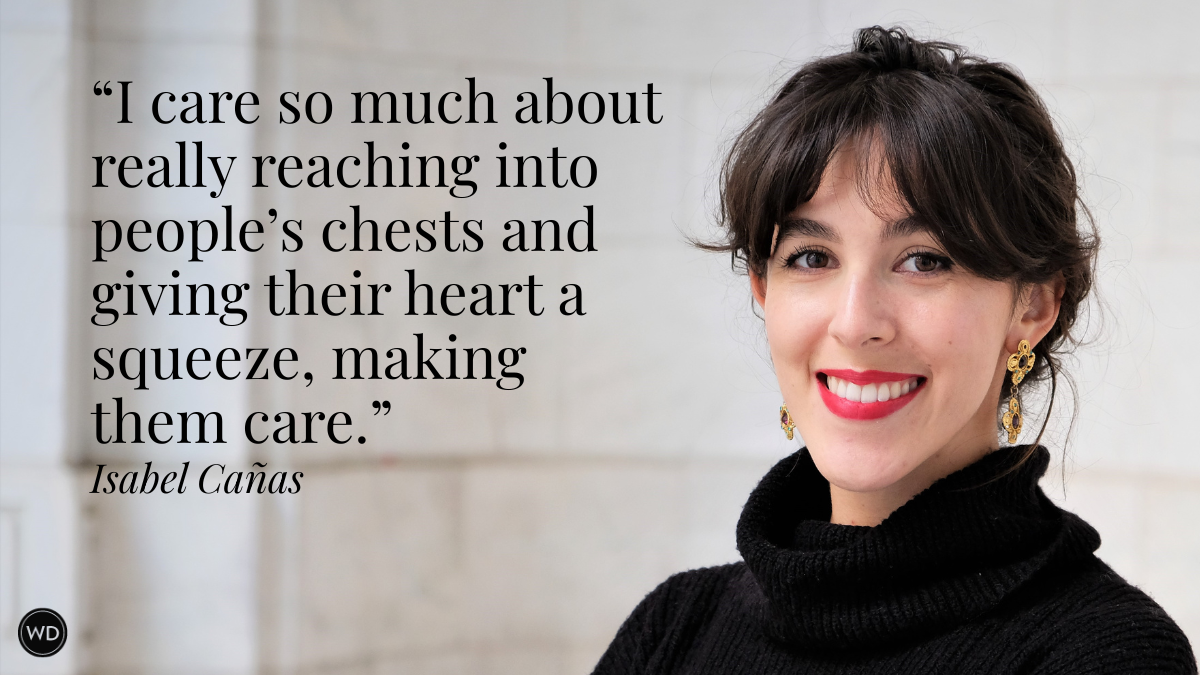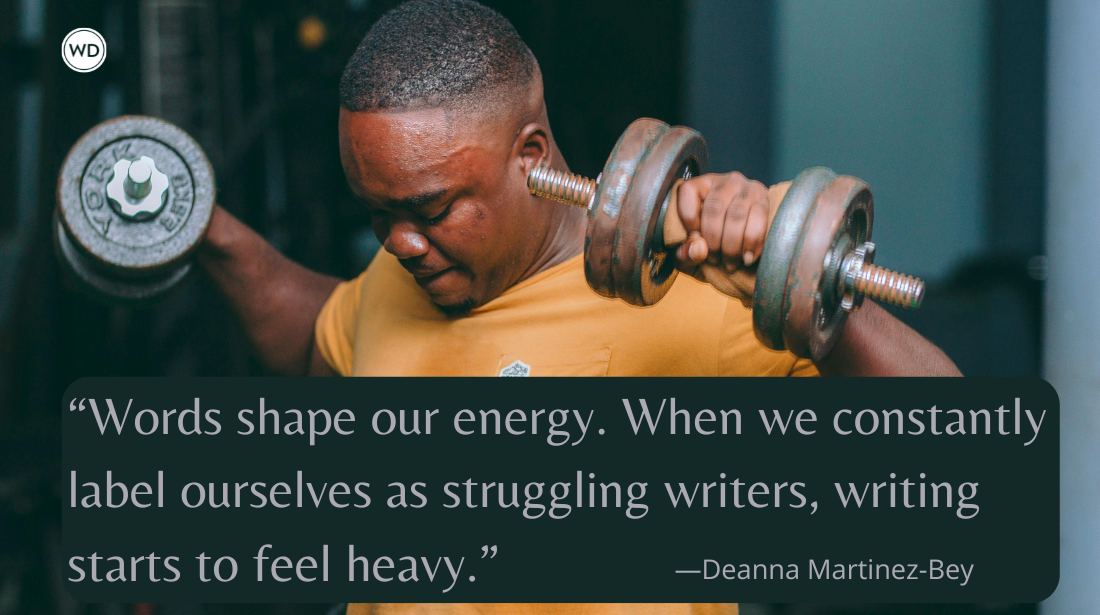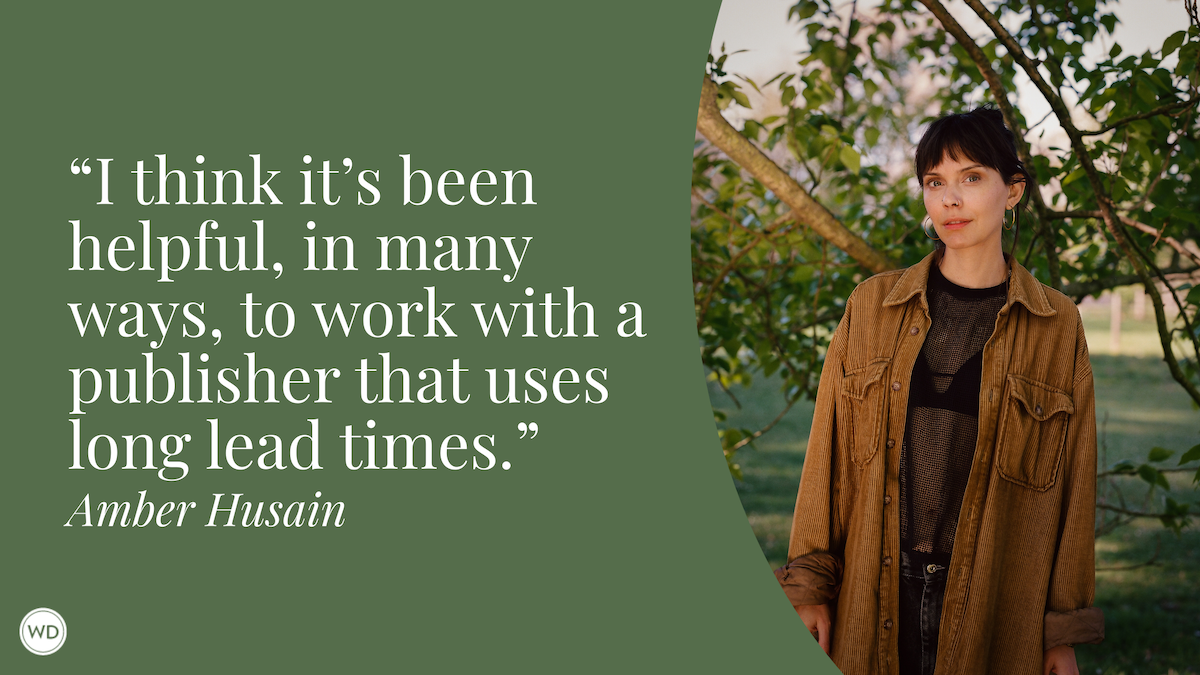Janet Key: On Letting Your Novel Take Shape
Author Janet Key discusses the experience of letting the novel take shape through the editorial process for her debut novel, Twelfth.
When Janet Key was 12, she sang and danced onstage, stayed up too late reading Shakespeare, and had a closet full of themed, hand-sewn vests. This is her first novel. Visit her website janetkeybooks.com and find her on Instagram.
In this post, Janet discusses the experience of letting the novel take shape through the editorial process for her debut novel, Twelfth, and more!
Name: Janet Key
Literary agent: Heather Rizzo
Book title: Twelfth
Publisher: Little, Brown Books for Young Readers
Release date: May 17, 2022
Genre/category: Middle Grade
Elevator pitch for the book: A diamond ring from Blacklist era Hollywood lost in a film reel fire; its 60-year search coming to a climax at a Berkshire’s theater camp; and the key to finding it hidden in Shakespeare’s Twelfth Night, a story about love in all its guises.
IndieBound | Bookshop | Amazon
[WD uses affiliate links.]
What prompted you to write this book?
I’m a writer who works in a lot of different forms—short stories, YA, plays, scripts, you name it—but the jump to middle grade wasn’t intentional. When the idea for Twelfth first came to me, I was making my 1,000th pass at a YA novel I was struggling to write, and I was thinking about the sort of reader I was when I was younger. I loved the standard MG/YA fare, the fairy tales and famous fantasy series we all know, but I also loved reading Shakespeare’s plays.
Shakespeare is often seen as too “difficult” for kids that age, but I found the plots thrilling, the characters fascinating, and working to understand the poetry made me feel like I was speaking a secret language or uncovering something magical, a treasure buried in words. In one of those insightful flashes that only feels important in hindsight, I thought: What if there really were clues to a treasure buried in a Shakespeare play?
The ideas for the characters, situation, and mystery came to me pretty quickly after that, built as they were on experiences I had as a kid, and later instructor in community and youth theater programs. I also had Twelfth Night to work with as a jumping off point, and I let the plot of the play inspire my story as often as possible—with the issues of gender diversity, mistaken identities, even a ring. But putting it all on paper and then shaping it into a cohesive book, of course, took time.
How long did it take to go from idea to publication? And did the idea change during the process?
I’m sure the process felt longer to me than it actually was, but still … a long time!
I was writing this book on and off for about four years, around other writing projects and jobs and life. During that time, the beating heart of the novel remained the same—I knew there was going to be a contemporary story of a treasure hunt at a theater camp and a past tense story that tapped into some historical moments and figures that seem particularly applicable to today—but the details around the mystery, the clues used, the extent to which the characters were or were not involved … all the nuts and bolts of the story, so to speak, got shifted and resettled during the writing.
The book finally got to a place where I felt like it was ready to be shared in October 2019, my agent started sending it out May 2020, and it sold in the deep pit of summer 2020 (which was for all of us, I think, a separate era in itself). Then the paperwork, the rounds of editing, and the build-up to publication have all happened at a fairly leisurely pace approaching a spring 2022 publication date.
Were there any surprises or learning moments in the publishing process for this title?
Everything is a learning moment when you’re a first-time author, and “learning moment” is probably the healthiest label you can give to the highs and lows that come with the process. At some point, I just started asking my agent, “Is this normal?” and let her guide me on what to expect.
Sometimes the answer was “Yes, this is normally how it goes” and I could sit back and take a breath; sometimes it was “Not really,” and I knew I was allowed to ask for more; and sometimes it was “Who knows what’s normal anymore? Welcome to publishing post-pandemic!” and we would just try to make the best of whatever it was.
Were there any surprises in the writing process for this book?
I’m a chronic over-writer, and the week before I sent the draft to my agent to read for the first time, I was about 100,000 words over where an acceptable kid lit novel lands. I knew the book would benefit from being streamlined, but for months I had been pitting my editorial intuition against my intellectual idea of the book; there were things that I felt on a gut level should go, but these were the same things I knew were absolutely necessary with intellectual certainty.
I spent way too much time drawing up lists and diagrams about their importance and how they were functioning in terms of plot and theme, only to lose my way again and/or the will to carry on. Still, I knew I needed to get the book off my plate, and since the lists had kept me in rewriting too long already, I decided to let my brain take a backseat while my gut make some big cuts—just to try it, I reasoned, and I could always go back.
Over the span of a few days, I hacked at the book with a chainsaw: some scenes became paragraphs of summary, some sentimental moments were condensed, and an entire clue in the mystery was straight up cut. There were some awkward transitions as a result, some gaps that needed filling, but far less than I had thought there would be. It wasn’t a surprise that the book was better for having been tightened, but the whole experience was a reminder that sometimes you have to let go of your idea of what your book should be for it to find its natural shape.
What do you hope readers will get out of your book?
When I was in ninth grade, I did a class report on the actress Charlotte Cushman, who was famous for playing Romeo and other male roles in Shakespeare’s plays and was part of the inspiration for a character in Twelfth. After I sat down, a boy I didn’t know well passed me a note that said “This made me want to learn more”—and that’s kind of what I hope this book does as well.
As much as this is a middle grade novel and a mystery—one in which I hope adult and kid readers alike both find a lot of thrills—I hope the reader leaves with a desire to know more about the queer and feminist history briefly touched on, encouraged to dive into Shakespeare and/or other “hard” reading, and excited to keep learning in general. I hope it also inspires conversations about gender diversity, both for kids who might be experiencing it and for kids who think they don’t know anyone gender diverse, who might be parroting their parents’ opinions or misinformation they’ve encountered.
And finally, I hope it conveys the joy of being in the theater, and the beautiful community that is created when we all come together, performers and audience, to share a story.
If you could share one piece of advice with other writers, what would it be?
Aside from the usual “read a lot, write a lot, and don’t give up,” I’d say the best thing you can do isn’t to write what you know, but write what you love. That probably sounds simplistic, but I always find myself drawing a blank when asked “what I know,” while the list of what I love is long (theater! Shakespeare! Girl detectives! Sassy black and white movie heroines! Themed vests!) and ever growing, ever changing, ever replenishing (time travel! The Manhattan project! Haunted houses! Thrift-flipping! Granola-making! … you get the idea).
You won’t run out of things you know if you start by learning about things you love. Starting with what you love also helps you keep going even when you’re dealing with the usual frustrations and distractions that come while working on a marathon-length project like a novel.
Other than that: read a lot, write a lot, and don’t give up!








